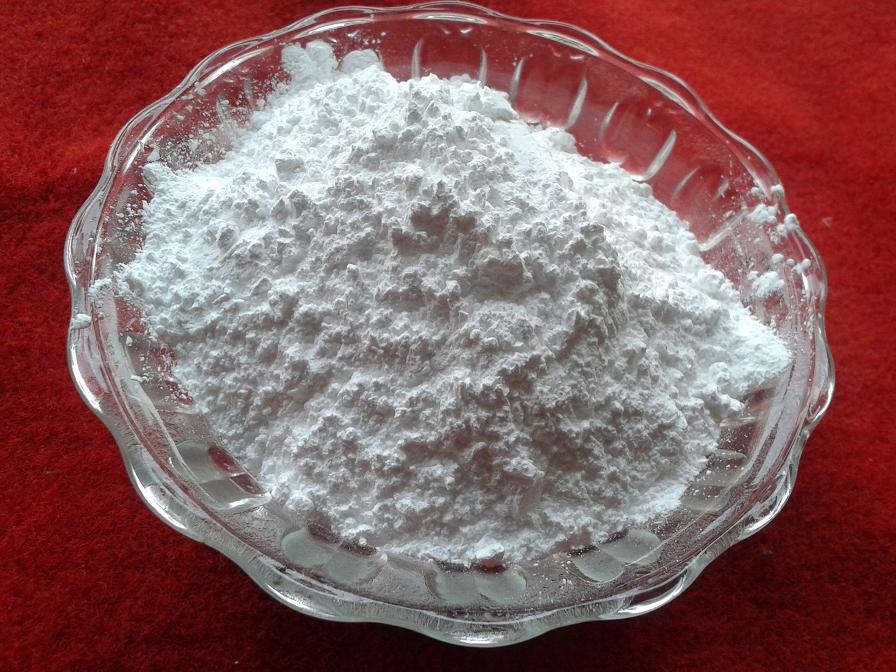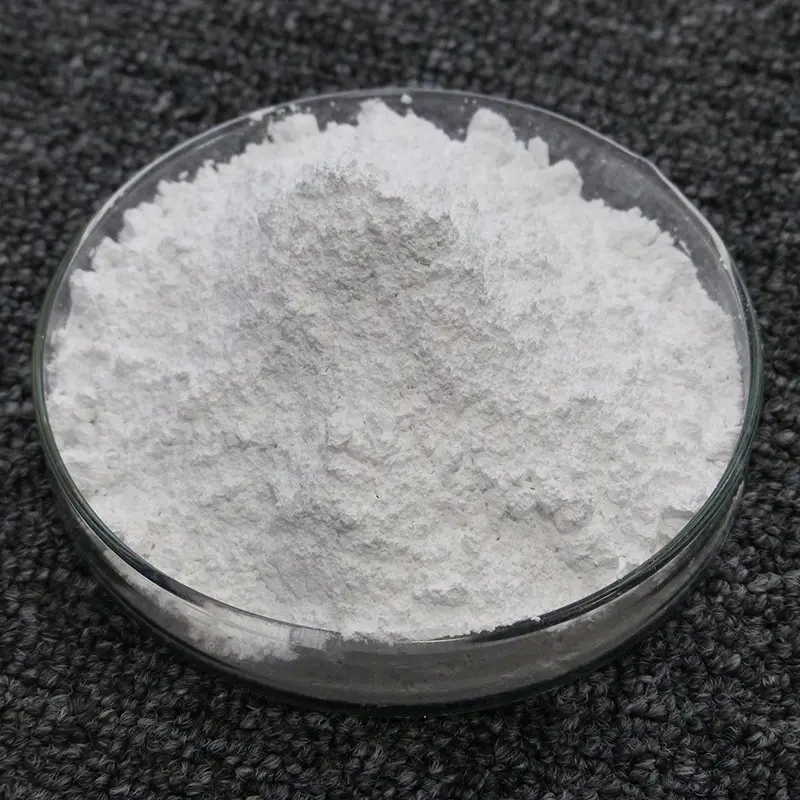
Alumina powder is made of liquid aluminum hydroxide by extrusion solidification,
- Abrasive
Alumina is widely used in various industrial abrasive materials for shaping industrial components. This is largely due to its superior hardness and strength, which enable alumina to work through these machines and applications. Interestingly, these roles are also interchangeable, with alumina being used as a coating to prevent wear and tear on other industrial machinery and products.

- Refractory materials
Alumina powder is often used for refractory products because of its high melting point and heat capacity. Alumina becomes particularly useful in situations where the strength of refractories must be maintained at high temperatures. Some examples of refractories include steel manufacturing, cement production, petrochemical processing, and waste incineration.
Step 3: Glass
Alumina is an important addition to the creation and production of glass products, especially when increased strength and durability are required. Bulletproof and shatterproof glass is usually made of alumina powder. Although there is no such thing as truly unbreakable glass, alumina has been studied for its potential in creating such a thing.
4: Ceramics
Alumina powders are used heavily in ceramics, especially in advanced or technical ceramics known as "engineering" ceramics. These materials are designed for particularly demanding applications that require improved wear resistance, thermal stability, and many other properties that make alumina such an important component in so many products.
- Healthcare
Because of alumina's hardness and desirable chemical properties, it is the material of choice for numerous biomedical applications. Alumina is used in hip replacement bearings, prosthetics, bionic implants, prosthetic eye replacements, tissue enhancements, and many dental implants. It is also used in the in vitro medical industry - for laboratory equipment and tools such as crucibles, furnaces, and other laboratory utensils.

- Military and protective equipment
Alumina is good at making military and civilian protective equipment because of its strength and light weight. Body armor, vehicle armor, and aircraft armor are all made from aluminum oxide, the latter being a large market for materials in this field. It is also used to make bulletproof Windows and ballistics for stationary objects.
- Electronics
Alumina powders have high melting and boiling points, as well as excellent heat resistance, making them ideal for electrical insulators. It is also an important component in microchips and is an excellent material for insulating heat sinks.
- Gemstone industry
Aluminium oxide powder is an important material used to form rubies and sapphires - corundum is its crystalline form and is the essential element of these and other gemstones. Alumina is also used as a polishing powder for some difficult gemstones, including stones with a hardness of 8.
- Building materials
Because alumina is a chemically inert substance, it can be used as a filler for plastics, bricks, and other heavy clay utensils such as kilns. In addition, due to its abrasive nature, it can be used as sandpaper for construction activities.
- Wide range of industrial applications
Alumina can be used in a variety of industrial applications, from pipe components such as elbows, tees and straight pipes to hydrocyclones, retarders, nozzles and valves. It is also a very useful material for processing tools, cutting tools, thermocouple jackets and wear resistant pump impellers.
Share
-
Chlorolite is obtained from zeolite ore by high temperature sintering and dehydration treatment.NewsMay.24,2024
-
The main component of talc is magnesium silicate containing talc water,NewsMay.22,2024
-
Alumina is a high-hardness compound commonly used in the manufacture of refractory materials.NewsMay.20,2024
-
Hollow glass beads are tiny, hollow glass spheres,NewsMay.16,2024
-
Fused quartz is the amorphous (glassy) state of silicon oxide (quartz, silica).NewsMay.09,2024
-
Vermiculite is a natural, inorganic, non-toxic mineral that expands under high temperature.NewsApr.09,2024






